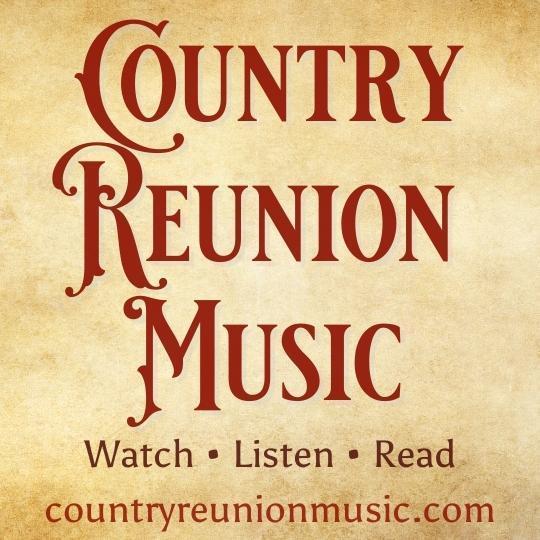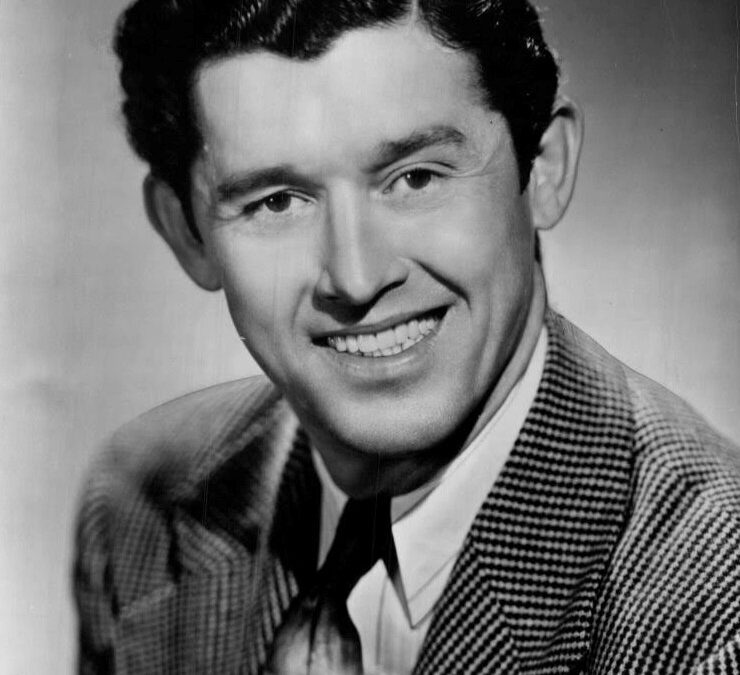“Those tones in the wee hours of the morning just before daylight, before we went out to feed, it was something,” Acuff recalled in an interview published on Biography.com that showed just how impressed Acuff was by his father’s fiddle playing. “It built something in me that I have never forgotten.”
Many of those factors would draw small crowds to the home of Neil and Ida Acuff. Young Roy wanted in on the action of the crowd and learned to entertain at a tender age by doing balancing tricks and by playing the harmonica and the jaw harp.
Needless to say, the Acuffs loved to entertain and being the affluent family they were gave them center stage in Maynardville. Wealth came to Acuff family in part from Acuff’s paternal grandfather, Coram Acuff, who fought in the Union Army during the Civil War and had later served as a Tennessee State Senator. Acuff’s maternal grandfather was a beloved doctor in the area.
Acuff attended a two-room schoolhouse in Maynardville for most of his youth. The Acuff family moved to Fountain City, Tennessee, and in 1924 Acuff graduated from Fountain City Central High School. His teachers raved about his showmanship in the school’s extracurricular activities, including theatrical productions, basketball, football as well as his excellence in baseball.
Acuff was around age 21 when he finally graduated from high school. Soon after, he was recruited into the minor baseball league. In 1929 Acuff followed his dream into spring training for the New York Yankees. To his dismay, Acuff’s life was threatened by severe sunstroke that ended his baseball days.
The ambitious Acuff knew that he was destined to be remembered and soon took up fiddling. In 1932 Doctor Haier discovered the talent of young Acuff and invited him to be part of his selling Mocoton Tonic medicine show. The tonic allegedly cured a number of aliments, such as constipation, dyspepsia, and headaches at the price of $1 per bottle. This opportunity gave Acuff much needed practice in front of large crowds across the southern Appalachian region.
Acuff left the medicine show and began touring with guitarist Jess Easterday and Hawaiian Guitarist Clell Summey in 1934. The group called themselves “The Tennessee Crackerjacks. The band soon began performing on Knoxville radio stations such as WROL and WNOX. After the addition of base player Red Jones the group renamed themselves “The Crazy Tennesseans.”
In 1936, the same year Acuff married the love of his life, Mildred Douglas Acuff, he recorded “The Great Speckled Bird,” a big hit for Acuff and the band, followed by another major hit, “The Wabash Cannonball,” in 1938.
The band was renamed a third and final time by Grand Ole Opry owner Harry Stone and producer George D. Hay, who suggested they should call themselves “The Smokey Mountain Boys” because of the mountains where the boys had grown up and gained fame.
The Smokey Mountain Boys received their first major gig at the Grand Ole Opry in 1938. By the 1940s they were the rumored envy of superstars like Frank Sinatra. One of the original guitarists, Clell Summey, left the group and was replaced by dobro player, Beecher Kirby.
The band made their way to Hollywood to appear in “The Grand Ole Opry Movie.” Acuff appeared alone in the motion picture, “O, My Darling Clementine” in 1943. He also landed the part of a singing sheriff in 1946’s “Night Train to Memphis,” the title of which was derived from a song that Acuff recorded in 1940. The 1940s were full of paired acts, skits and songs performed by The Smokey Mountain Boys and other acts on and off the Grand Ole Opry Stage.
During World War II Acuff travelled the world for several years to perform for American soldiers. In 1942 Acuff paired with Fred Rose and together they created Acuff-Rose Music. The company quickly became the largest publishing company of County music. They signed unforgettable sensations, such as Hank Williams. They also created their own rendition of Patti Paige’s “Tennessee Waltz.” Acuff went on to become an aspiring politician and was nominated in 1948 for governor by the Republican Party. He did not win but did surprisingly well.
Acuff went on to record in the 1940s and 1950s. A few of his major hits were, “It Won’t Be Long,” “I Called and Nobody Answered,” “Lonely Mound of Clay,” “I’ll Always Care” and “Black Mountain Rag. “He returned to the Grand Ole Opry in the 1960s. Though he made infrequent appearances, they were always golden performances. When the Grand Ole Opry moved to The Ryman Auditorium in 1974, Acuff and his Smokey Mountain Boys were projected on big screens to the crowd. Perhaps this was to remind Country Music fans what true Country Music was about. Acuff was an awarded and celebrated member and creator of Country music. He died in 1992 of congestive heart failure at age 89.
By Sasha Kay Dunavant

